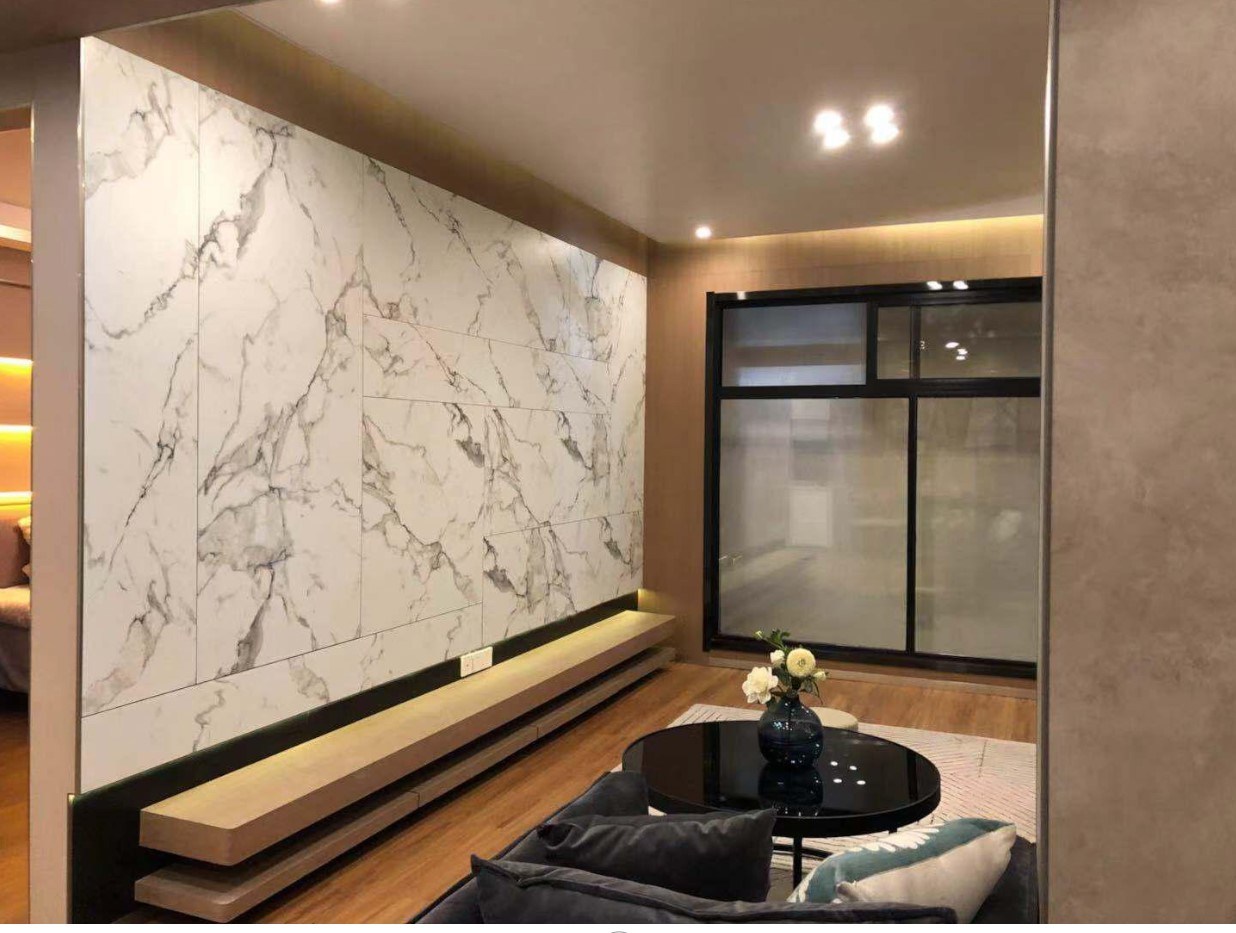When it comes to the things used for construction purposes, you are not just limited to cement and plasters. Nowadays, you can find different types of building materials in Dubai. You should choose the best one depending on durability, aesthetics, insulation, and resistance to fire & water. This article compares the two building materials, i.e., fiber cement board and gypsum board. Both of them are much in demand.
Fiber Cement Board
A fiber cement board is the most-convenient building material when you need fast and efficient construction. Because of its composition and properties, it is a better option than plywood or other materials. Sand, cement, and cellulose fibers are combined to make a fiber cement board. A fiber cement board is composed of Portland cement and surfaced with a mesh of glass fiber (or wood fiber) together with sand fillers. You can use it independently or with plywood for building good quality and durable furniture. Because the fiber cement board resists fire, water, and termites, it is the ideally chosen construction material for ceilings, furniture, partitions, etc.
Let us discuss a few properties of fiber cement boards.
- Non-combustible – A fiber cement board is resistant to fire and can handle enough heat.
- Water Resistant – Being water-resistant, a fiber cement board prevents any damage due to water or moisture.
- UV Resistant – A fiber cement board is long-lasting and resists harmful UV rays. It is, therefore, used in the construction of facades. Moreover, this building material is resistant to rotting and warping.
All these properties make fiber cement boards a trendy construction material in Dubai.
Gypsum Board
Another massive popular building material in Dubai is the gypsum board. You will mainly find its applications in interior design, prominently to construct walls and ceilings as a surface material. In a gypsum board, the core set of gypsum is surfaced with paper material. Its design eliminates the addition of plaster, and you may either paint the surface or apply wallpaper to it. A gypsum board is available in several colors and patterns. You may get it in an aluminum-like surface or a design imitating wood grain. Thus, it eliminates the need for any extra decoration.
Now, let’s discuss a few properties that make the gypsum boards an increasingly popular construction material.
- Fire Resistant – Gypsum is fire resistant. A gypsum board consists of a good amount of water crystals, which adds to the fire resistance property of gypsum. Being a fire-resistant product, a gypsum board makes up to be a good construction material. It is capable of stopping the spread of fire. As soon as the fire approaches the gypsum board, the water crystals start evaporating and form a protective layer, preventing further spread.
- Acoustic Property – A gypsum board also possesses sound insulation and acoustic properties. Although a masonry wall will also insulate sound, it would require thickness. For instance, a 75mm thick gypsum board would give a similar sound performance as a 115 mm masonry wall would.
- Thermal Property – Gypsum renders thermal properties that would enable balancing of indoor humidity and temperature. The cavities included in the construction of gypsum boards provide extra insulation properties.
Comparison
Here is a comparison between the two, based on several factors. Take a look.
1) Durability – A fiber cement board is pretty durable and can withstand environmental impact without withering or rotting. Being strong, it does not form a dent when hit. Unlike a wooden panel, it neither rot nor require re-polish or repainting.
A gypsum board is easy to cut and is very light to carry but is not as impact-resistant as a fiber cement board.
2) Resistance to Water and Fire – Both fiber cement board and a gypsum board can resist fire very well and are good thermal insulators. But, a gypsum board doesn’t resist water.
Withstanding water damage is essential for any construction material. A fiber cement board is available in two types – water-resistant and waterproof. A gypsum board, on the other hand, is only moisture resistant. Therefore, it finds applications mostly in interior design.
3) Applications – For paneling buildings and constructing the exteriors of a building, using fiber cement boards is optimal. If you live near the coast or have frequent wet weather, you must opt for these boards.
Fiber cement boards are heavier than gypsum boards but are lighter than porcelain tiles. It is one of the reasons for its consideration for the exterior paneling of buildings. You can also go with thick fiber cement boards for flooring purposes, unlike gypsum boards.

